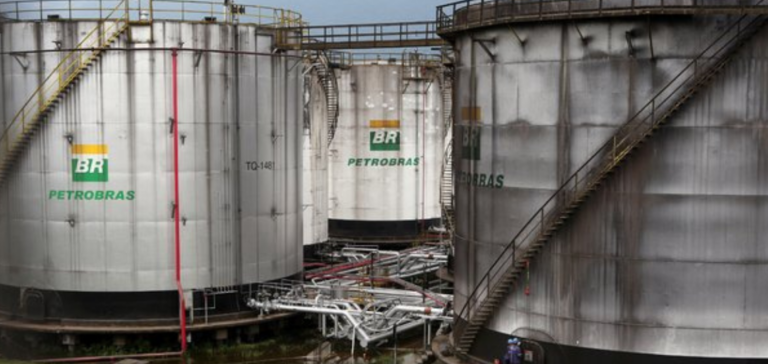The recent announcement by Petrobras, the Brazilian state-run oil company, came as a surprise to markets and analysts alike. The company has revised upwards its production targets for 2023, based on the better-than-expected performance of its recently installed floating production units and the outlook for new wells in the fourth quarter. This decision comes at a time when Petrobras is facing a tight services and supplies market, leading to a reduction in its investments.
Increased Confidence at Petrobras: Five New FPSOs by 2023
Ana Paula Zettel, head of upstream partnerships and procedures at Petrobras, shared in a conference call with analysts and investors that production remained robust, within the upper limits of their margin of error. This confidence is reflected in the planned installation of five floating production, storage and offloading (FPSO) vessels in 2023.
Market Challenges and Downsizing
With these developments, Petrobras now expects to end 2023 with average oil production of 2.2 million barrels per day (b/d), up from the 2.1 million b/d previously forecast. This upward revision also applies to total oil and natural gas production, now estimated at 2.8 million boe/d of oil equivalent, compared with the previous forecast of 2.6 million boe/d.
Impressive performance of Petrobras FPSOs
Petrobras’ optimism is rooted in record deepwater production, which boosted oil and gas output in the third quarter thanks to the strength of the new FPSOs. The company also has plans to accelerate ramp-up activities on the remaining vessels and connect new production wells in the fourth quarter.
Petrobras’ Strategic Adaptation to Market Conditions
In the third quarter, Petrobras pumped 2.877 million boe/d, compared with 2.644 million boe/d in the same period of 2022. In particular, crude oil production rose by 9.6% year-on-year in the third quarter, reaching 2.318 million b/d, compared with 2.115 million b/d a year earlier.
However, the situation is not without its challenges. Inflation linked to the pandemic has forced Petrobras to reduce its investment outlook for 2023. The company has reduced its planned investments in 2023 to $13 billion, compared with initial estimates of $16 billion. Despite this reduction, investments remain around 30% higher than in 2022.
Petrobras is positioning itself for impressive growth in 2023, despite budget constraints and market challenges. The company adapts by revising its production targets upwards while rationalizing its investments, demonstrating remarkable resilience and adaptability in the face of global economic fluctuations. This strategy could not only strengthen its position in the oil market, but also open up new avenues in the petrochemicals sector.






















